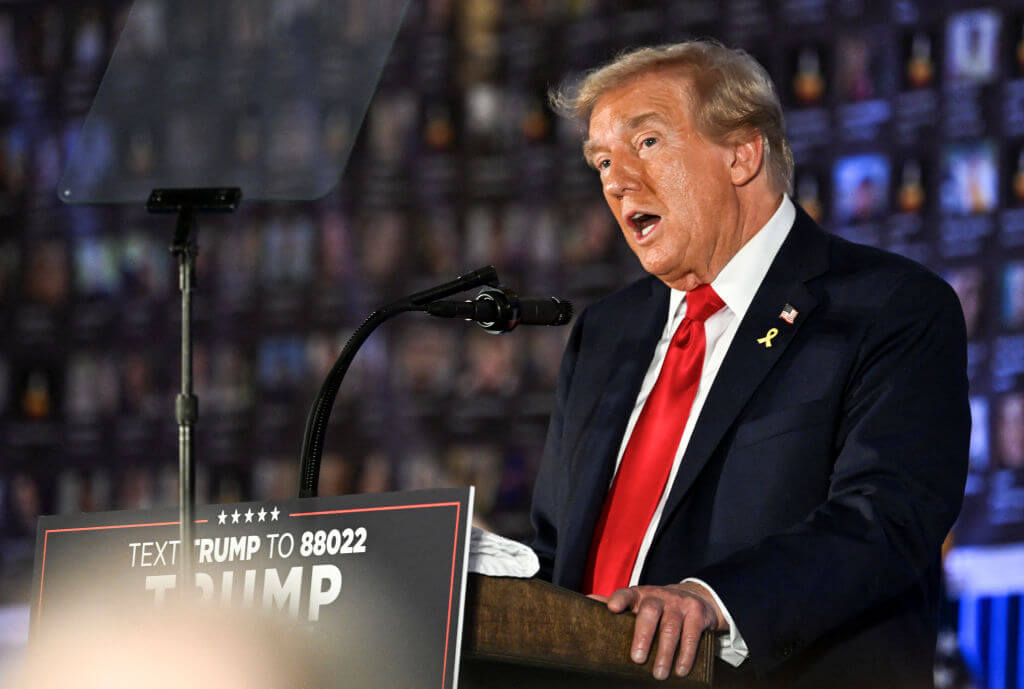Vice President Resorts to Brass Knuckle Tactics
Many moons ago, Vice President Dick Cheney held a meeting with his Energy Task Force to consider national policy in this vital area. Consumer and environmental groups complained that they had something to contribute to the discussion but had not been invited. The scuttlebutt was that energy corporations, like Enron, were present at the secret gathering.
Needless to say, this became a hot political issue in Congress, where the Democrats began to press hard to find out exactly with whom Cheney consulted in pursuing his policy. The overtones were sinister: A president who ran an oil company and a vice president who ran an oil company met with others to decide public policy; were these others also people who had run oil — or energy-related — companies?
The little joke going round said that we have nothing to worry about because the top posts were filled by people with different interests. Bush and Cheney came from different oil companies. But, to members of Congress, especially Democrats, the question of who met with Cheney to plan energy policy was no laughing matter. They wanted to know with whom he met. And their request was followed up by the General Accounting Office, a nonpartisan — or, better, bipartisan — arm of Congress charged with responsibility to get the facts the legislative branch of government needs to discharge its responsibilities.
The GAO asked Cheney with whom he had met. He advised the GAO that it was none of its business. Determined to discharge its responsibilities, the GAO decided to sue Cheney to get the information. The act made history: For the first time in the 80-year-old lifespan of the GAO, it sued another government entity. But, abruptly, the suit was withdrawn. And the why and the how are scary omens of how party and partisan power can be used to weaken and obliterate the revered doctrine of the separation of powers on which our Constitution is based. Here’s what happened according to The Hill, a Washington-based publication that specializes on the “inside dope” at the Capitol:
All of which raises two crucial questions. First, if the same party controls the White House and the Congress, how can the legislative branch be a separate, independent and counterbalancing power if the party in the White House uses its clout in the legislature to cut off funds if the arm of the legislature seeks to get vital information?
The only recourse for a determined GAO would be to bring the matter before the Supreme Court. But, as matters presently stand, the high court that put the president in office is unlikely to override the desire of the White House to conduct its affairs without a GAO snooping.
The second big question is even more bothersome: Just what is Cheney and the White House hiding that they go to such brazen brass-knuckled ends to conceal the names of those with whom they met?
A message from our CEO & publisher Rachel Fishman Feddersen

I hope you appreciated this article. Before you go, I’d like to ask you to please support the Forward’s award-winning, nonprofit journalism during this critical time.
We’ve set a goal to raise $260,000 by December 31. That’s an ambitious goal, but one that will give us the resources we need to invest in the high quality news, opinion, analysis and cultural coverage that isn’t available anywhere else.
If you feel inspired to make an impact, now is the time to give something back. Join us as a member at your most generous level.
— Rachel Fishman Feddersen, Publisher and CEO





















